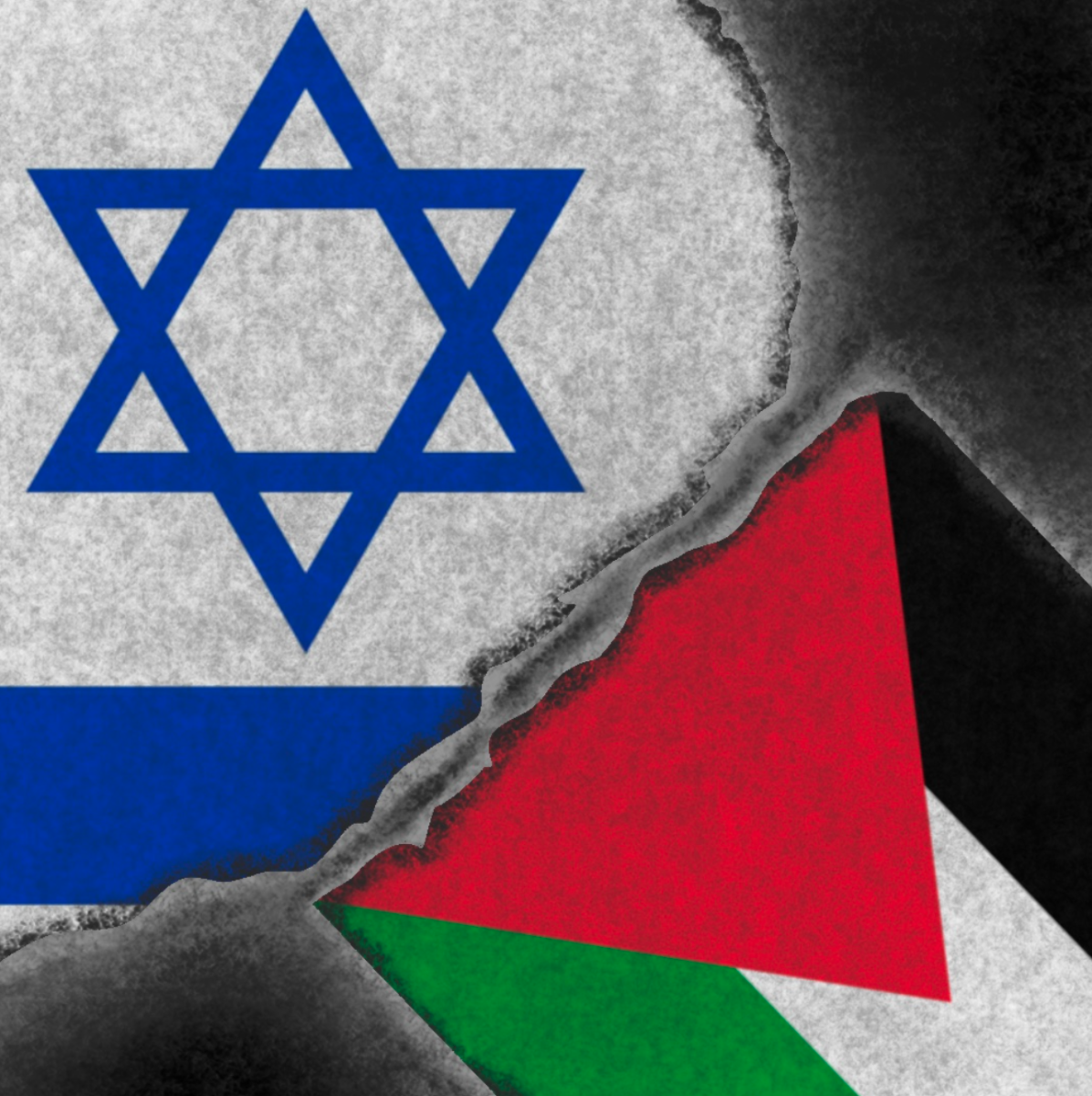Misinformation surrounding the Israel-Hamas conflict has spread like wildfire across social media and generally reputable news platforms following the attack on Gaza. We’ve all seen the Instagram stories with statistics and imagery that don’t quite line up, but the impacts of the falsified stories and videos can be disastrous, according to AP News.
It becomes clear how permeating that misinformation can be when talking to other college students about the war, even concerning the most basic facts. Some students believe Gaza was the first major altercation between the two countries (it began in the mid-nineteenth century according to Global Conflict Tracker), some believe the blame lies entirely on Palestine or Israel and some haven’t even heard of Hamas, the militant Palestinian group, often labeled a terrorist organization. For a select few, all of their information on the conflict comes from the infamous portrayal in the film “Sausage Party.”
A lot of parallels can be drawn between the media coverage and public opinion on the Israel-Hamas conflict and the Russo-Ukranian War.
For the first few months, there was an outpouring of support for Ukraine, with countries sending them financial support, weapons and decidedly taking a stance against Russia. According to AP News, Congress is fighting against continuing aid, a year and a half later. The flags in everyone’s front yards are tattered and grayed and mainstream media coverage has waned as the war progressed.
When the Russo-Ukranian War first broke out, there was a similar flood of questionable infographics pasted all over Instagram, Twitter, Facebook and anywhere else they could be. Similarly, much of that information was rather sensationalized and often outright fallacious. A couple of weeks later, it was business as usual.
America has an issue with performative activism. We’re more than happy to repost something or tell someone else they should be donating or taking action, but even when we do, it doesn’t seem to last long. Gen Z has a reputation for being politically involved, but when it comes time to act, we often seem to fall short.
When it comes to the future of our country and the policies we would like to see, voting is the most important way to have an impact – discussing beliefs and proclaiming something isn’t right doesn’t do much at the end of the day.
So, why is it only a quarter of eligible Gen Z voters actually went to the polls?
Already, discussion of the Israel-Hamas conflict has waned. After a week of facing a barrage of reposted Instagram stories condemning one country or the other, there doesn’t seem to be any real acknowledgment of the conflict for most people. It appears this reposting culture is more out of obligation or fear of not being seen taking some kind of stance than it is a desire to spread information or a call to action.
According to CBS, the combined death toll of the war, as of Oct. 14 is over 3,000, and that number is guaranteed to climb dramatically higher as the fighting continues. AP News states Hamas militants are holding Israeli citizens and soldiers hostage and have made clear threats to use them as bargaining chips and human shields.
Do we want our response to amount to the lackluster impact of #BlackoutTuesday, where Instagram users posted black squares in support of Black Lives Matter?
The Israel-Hamas conflict has already taken thousands of human lives, and it will take many more. We need to recognize the real cost and danger of what’s occurring in Israel and Palestine, and we need to understand the impact of the conflict on the millions of people it will affect. Sometimes the best way to do that and to help others do that, is to refrain from a meaningless repost.
I’m not asking for a specific response or a certain course of action but simply a genuine effort. Take the time to understand the issue and consider your stance, and act on it.
Virginia Doherty is an opinion writer. Contact her at [email protected].


